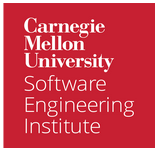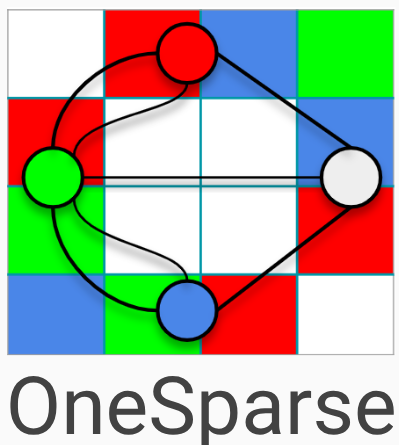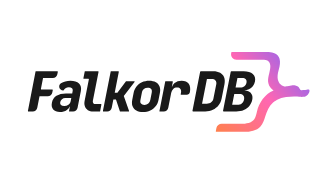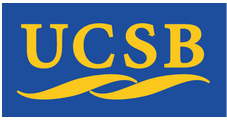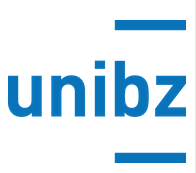Michel Pelletier
Michel is a Python and Postgres developer and author of many libraries and extensions. He has decades of experience with complex data problems from large scale text search to machine learning and graph analysis. He is a member of the GraphBLAS C API Committee and long time contributor to sparse linear algebra with the GraphBLAS.



